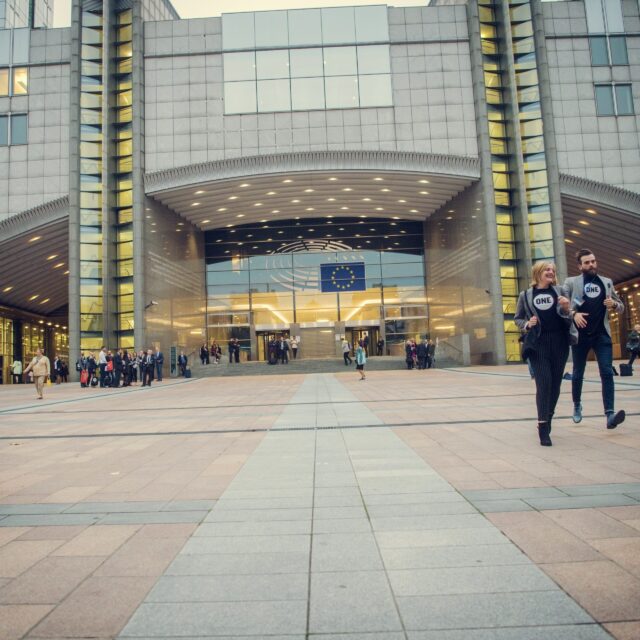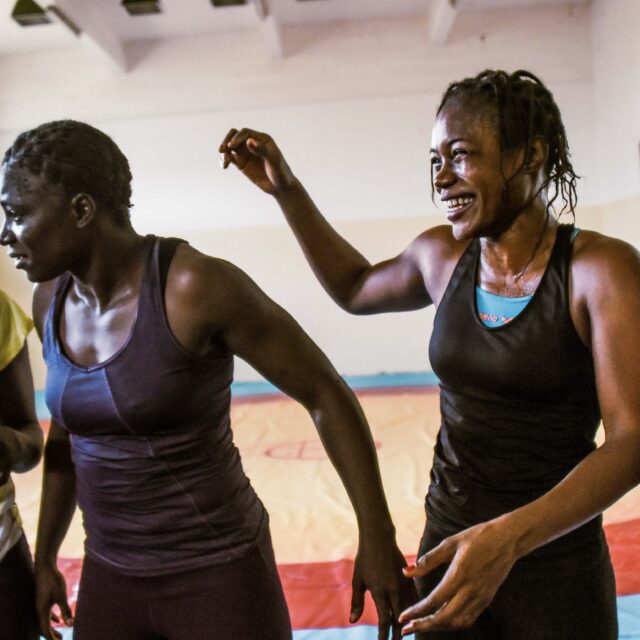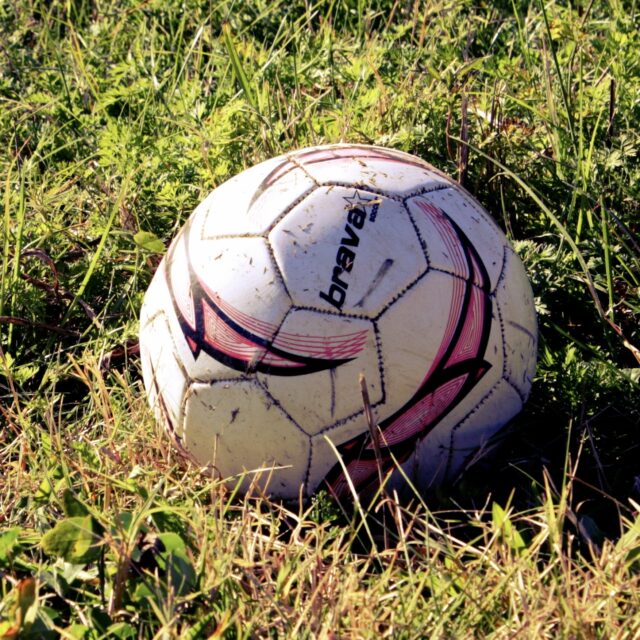COVID-19 has affected education everywhere, but the effects on school children in low-income countries are particularly concerning. It‘s been harder for children in the world‘s poorest countries to access remote learning programs designed to counter school closures. And girls have been particularly impacted: 20 million girls risk never returning to school after this global health crisis has passed.
The key to remedying this global learning crisis is financing. Now is not the time to reduce available funds for international development, especially during a global pandemic. It‘s time to invest in human development to empower people, especially youth.
Education as a necessary foundation to reducing poverty
A key piece, next to domestic financing, of the global learning puzzle is international funding. The EU international development budget has supported the education of children around the world.
Education is a powerful agent of change: it improves health and livelihoods, contributes to social stability, and drives long-term economic growth. Underinvesting in it is never the right choice. Right now is a critical moment, as countries need to recover from the learning losses the pandemic is generating.
That‘s why the EU should scale up investments in education in partner countries to build more effective, equitable, and resilient systems that can have an impact on people‘s lives. Okello in Uganda, Mary Lukari in Malawi, and Mourra in Chad are examples of that.
Okello, Mary Lukari, and Mourra have three different stories connected by a unique thread: quality education changed their lives, and their education has been possible also thanks to EU-funded projects. Below are their stories.
Okello‘s dream to become a teacher
The “Education for Life” program helped 17-year-old Okello, originally from South Sudan, get back to school after pregnancy in the Palabek refugee settlement in Northern Uganda. Teachers in the program have received training to support the most vulnerable children who are more at risk of dropping out of school, like Okello. Now, having the opportunity to go back to school will allow her to complete her education and pursue her dream to become a teacher.
Mary Lukari‘s determination to conclude her studies
In Malawi, the Improving Secondary Education (ISEM) program is paving Mary Lukari‘s road to fulfilling her dreams. Her parents could not afford to send her to school, but the ISEM program has given her the assurance that she will be able to complete her secondary education with confidence. She has become one of the best and most courageous learners in her school.
’Education Cannot Wait‘ for Mourra
Mourra, a 22-year-old from Chad, has been living in a refugee camp for over 10 years. Thanks to Education Cannot Wait (ECW), she is in her fourth year of high school now, working towards her dream of becoming a doctor. ECW, the first global fund dedicated to education in emergencies and protracted crises, has helped during the pandemic by backing the construction of new water tanks and latrines in refugee camp schools to prevent the spread of COVID-19.
The stories of Okello, Mary Lukari, and Mourra are a clear example of the importance of the EU’s international development budget, together with domestic funding, in supporting lower-income countries to provide children with access to education.
With the pandemic having forced millions of children out of school and with the number of people living in extreme poverty rising, it is more important than ever for the EU institutions to protect the EU‘s international development budget from any cuts.



